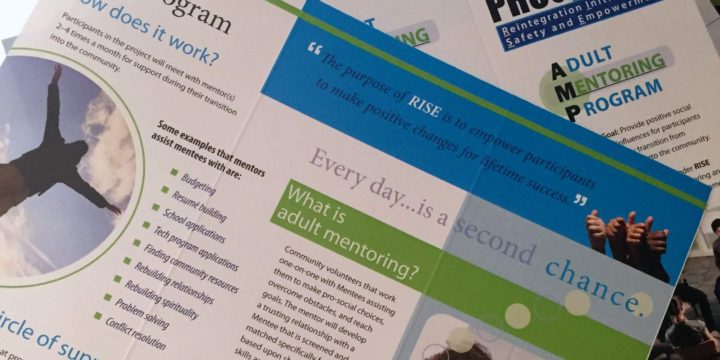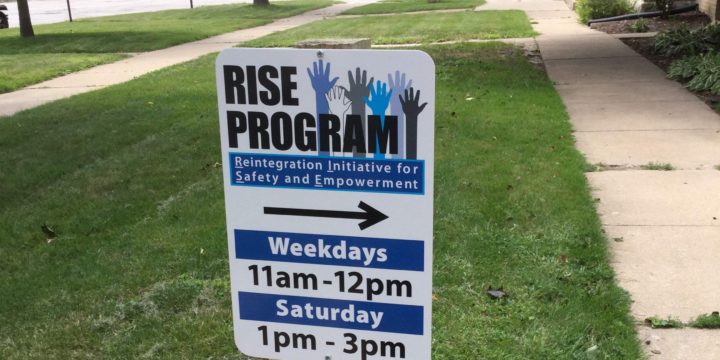
Consider legislative solutions to recidivism
Key pathways in Iowa’s quest to reduce recidivism are initiatives the Department of Corrections can’t initiate. About 95 percent of the Iowa prison population will eventually be returned to local communities. For several years, the Iowa Department of Corrections has explored ways to reduce the number of those who return to state custody. And, until recently, departmental efforts have been paying off. In 2014, recidivism fell to 29.7 percent — down from a staggering 45 percent 15 years earlier. But recidivism is once again climbing. It was 34.2 percent for 2016, the most recent figures available. A look inside Housing Unit #2 at the Iowa State Penitentiary in Fort Madison on Friday, Apr. 10, 2015. (Stephen Mally/The Gazette Archives) This year marks the end of a $3 million, three-year Second Chance…





